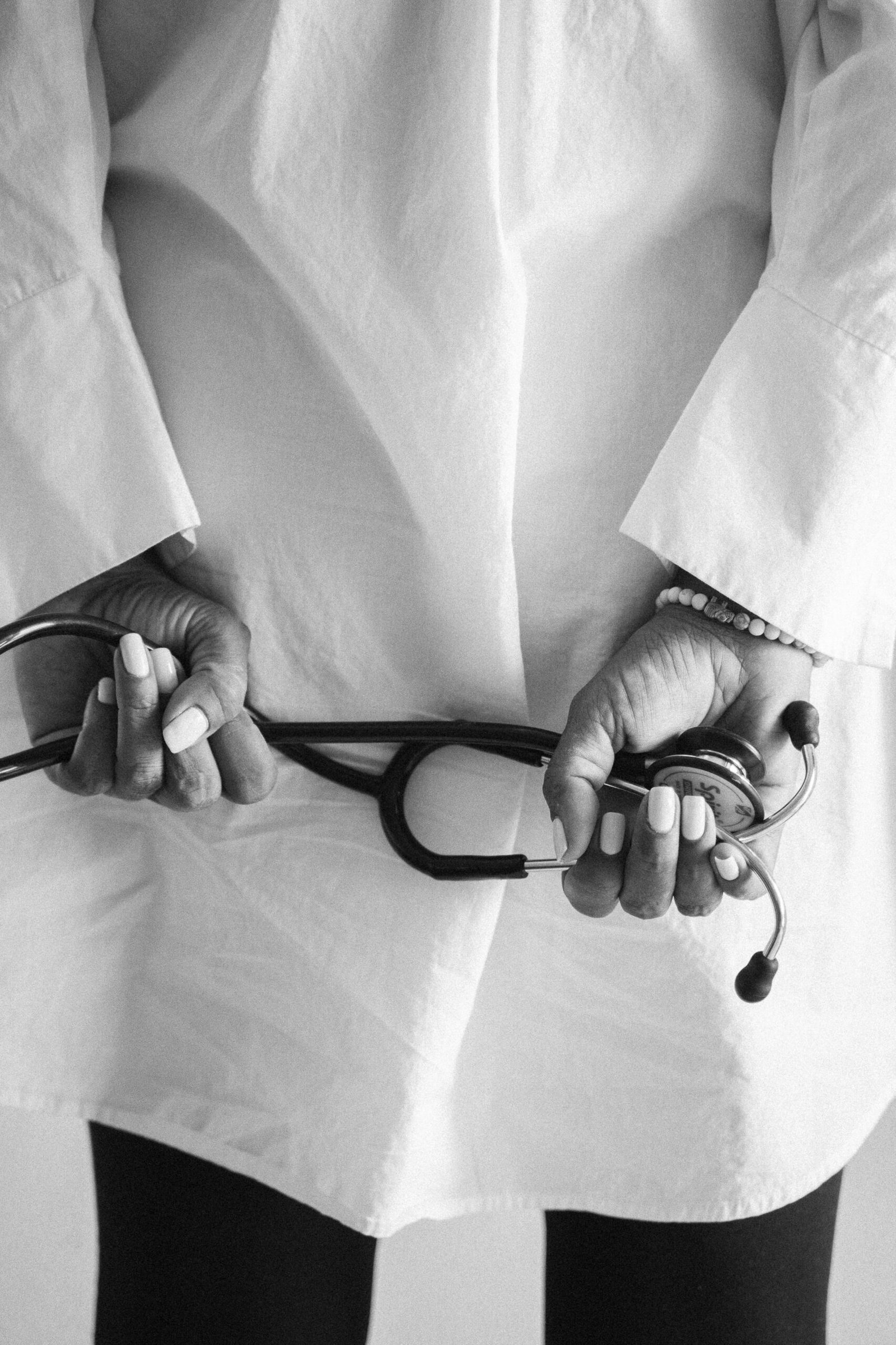It takes courage to seek therapy within a community that doesn’t fully recognise what mental health is and how it can impact people. The older generation are still averse to recognising this even though male suicide rate is high within the South Asian community. Across Canada, the US and UK, male suicide rates are approximately 75% across all cultures. Mental health issues among doctors, especially GP’s, are common due to workload and emotional stress. Often, parents do not understand the ‘ask’ of their child within this field of ‘time, commitment and sacrifice’. Add in both cultural and societal pressures making it harder to not only seek therapy but fight against a generation that doesn’t understand Mental health and doesn’t want to make a generational change.
High Expectations and Cultural Pressure
Therapy is often seen as a sign of weakness or madness within the South Asian community. Mental health problems are often dismissed or kept private due to shame. Family and community reputation often take priority over individual well-being. When it comes to training within the medicinal field – there is a requirement to substitute a ‘normal life’ with one filled with long hours, exams, placement and rotations. This takes an incredible amount of resilience as it is often encouraged within the medicinal field to act like a ‘robot’ when delivering challenging news to patients. Emotions are not seen or heard which is then replicated at times within the family home – so where do you process this? All too often, GP’s hit a stage of burnout as a result of not having a healthy outlet. Coupled together within the South Asian community and the way it operates often leads to feeling like there is no way forward, not enjoying the role and it not being what they thought they had signed up to. Many pursue this career path due to their parent’s expectations and standards. Unless the parents have been through the process themselves, highlighting the challenges can be seen as ‘failing’, ‘weak’ or not being grateful for the opportunity that they feel they have given to you. The perception to the outer world has to be that GP’s ‘have it all together’ both professionally and personally. Within this space, there is a need for resilience, success and self-sacrifice to push through the challenges when training within this field for a number of years.
Gender Differences as a GP
During my time of working with GP’s, it has become very clear that men and women are still treated differently during their training. Men are expected to be emotionally strong and primary providers within their households, showing no signs of ‘weakness’. This is an added pressure to an already challenging industry and changing society. It is common for men to struggle through this phase as they often lack emotional outlets, understanding of their own emotions as it is not common practice to have learnt or be taught this during any phase of their upbringing/school life and generally it is known that a vast majority of men do not look for support from their network when they are struggling.
Women who pursue this career path still have a high standard of expectation placed upon them to complete their domestic household duties. Following a 13-14 hour shift at times, who wants to come home to then begin cleaning, cooking? However, they are expected to do it all, career, caregiving, emotional support, domestic responsibilities – all with little rest as if they have super powers and function like robots. If they do not help with the domestic responsibilities, the ‘guilt’ game and comments begin from their parents who express a level of disappointment. This means that women can be more susceptible to ‘burnout’ as they juggle to keep everyone happy. They are made to feel guilty if they try to take time for themselves or express the commitment that their roles demand from them.
Often, neither men nor women get the support they need at work or at home. Within the medicinal field, some of the doctors who put themselves forward to support trainees are adding unnecessary demands, unrealistic expectations that contribute towards making the trainees feel like failures. It breeds for a toxic culture which can be commonly associated to many workplaces. The worst part is that some of these trainers are also from the South Asian Community but from the ‘era’ that does not recognise emotions as a strength leaving the trainees feeling like all round ‘failures’.
Barriers to Seeking Therapy
Some people within the South Asan community may be afraid to seek therapy. They may feel that a South Asian counsellor may have those same traditional views or they may not understand their challenges if the counsellor is not from an South Asian background. There could also be a fear around confidentiality breaches if the counsellor is from the South Asian community. There is an associated stigma to seeking therapy within medical fields; a fear of being seen as ‘less capable’ by their peers.
What’s the Way Forward?
We can’t change people who are not willing to listen but we can change the way we react towards them. We can change the level of energy we give to a situation and the time that we spend emotionally reacting to it. We often hold out hope that the generation above will understand at some point, that they will ‘come round’. I’m sure many of you who are reading this now will find that you’ve either been in that position or are still holding out ‘hope’ for that change. In the 15 years that I’ve been in this profession, I’ve yet to find that ‘happy ending’ which is sad to say because it may feel like we have not progressed as a community. What I can say is the fact that more people from the South Asian community are seeking therapy is a testament to change. The generation who were born in the 1980’s and 1990’s onwards are certainly changing and not afraid to seek therapy for their betterment.
For anybody working in the medicinal field, I encourage you to challenge the stigma within the workplace (only if you feel able to). Ask ‘why’ to create open dialogue amongst healthcare professionals about mental health and wellbeing – all too often we are afraid to challenge the way something has been done for years, but who is to say that is right? Our parents couldn’t ask ‘why’ as they were raised in a generation where that was not acceptable but that isn’t the same for this generation. We can ask ‘why’ and what you may find is it is the same people from that generation who do not like the question, often because they either cannot answer it or do not like change.
If you feel courageous, begin exploring this amongst your extended family and friendships for their views on mental health. Make the conversation a part of normal interactions which can also highlight the importance of self-care. The more we discuss these topics, the less ‘taboo’ they will feel in daily communication.
To Conclude
GP’s carry immense pressure and cultural expectations add another invisible weight for them to have to deal with. Seeking therapy should be viewed as a strength, not weakness. Being more informed and aligned with yourself gives you the knowledge and control to know what to do when feeling distressed. Emotional knowledge is key to having a healthy state of mind.

